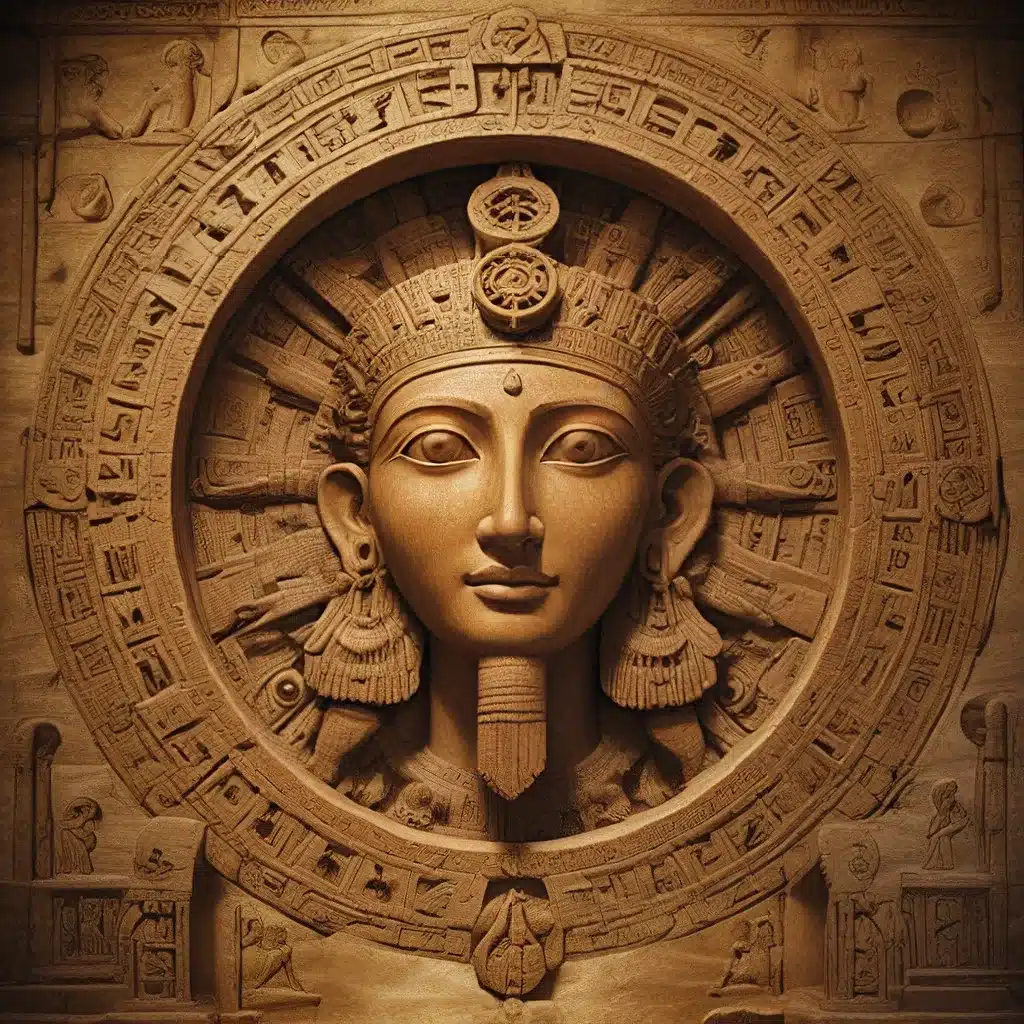
Humanity’s fascination with the past has long been a driving force behind our collective quest for knowledge and understanding. From the enigmatic civilizations of Mesopotamia to the captivating cosmological beliefs of ancient Greece, the mysteries of ancient cultures continue to captivate scholars and history enthusiasts alike.
Deciphering the Secrets of Mesopotamia
Nestled between the Tigris and Euphrates rivers, the cradle of civilization known as Mesopotamia has long been a subject of intense study and intrigue. The region, now modern-day Iraq, was home to some of the world’s earliest and most influential civilizations, from the Sumerians to the Babylonians and Assyrians.
One of the key achievements in unlocking the secrets of Mesopotamia was the decipherment of cuneiform script, one of the world’s oldest writing systems. This monumental task, primarily attributed to the efforts of scholars like Henry Rawlinson, has provided an unprecedented window into the lives and practices of these ancient societies.
Through the inscriptions on clay tablets, we have gained invaluable insights into the governance, law, religion, and literature of these civilizations. The architectural marvels, such as the ziggurats and the Hanging Gardens of Babylon, continue to captivate the imagination, raising questions about their purpose and significance in ancient Mesopotamian society.
Moreover, the rich mythology and religious beliefs of Mesopotamia offer a tantalizing glimpse into the spiritual lives of these ancient peoples. The epic narratives, like the Epic of Gilgamesh, have left an indelible mark on human culture and literature, hinting at the complex interplay between belief systems, power structures, and societal values.
Mesopotamia’s contributions to mathematics, astronomy, and the arts further add to the mystique of this ancient land. Innovations such as the sexagesimal system and the concept of place value in mathematics laid essential foundations for future advancements, while the meticulous observations of celestial bodies left behind valuable astronomical records.
Unraveling the Celestial Mysteries of Ancient Greece
Across the Mediterranean, the ancient Greek civilization also grappled with the mysteries of the cosmos, developing a rich and complex understanding of the heavens.
By the 5th century BC, it was widely accepted that the Earth was a sphere, a critical realization that challenged the prevalent misconception that ancient peoples believed the Earth to be flat. Scholars like Empedocles and Anaxagoras offered compelling arguments for the spherical nature of the Earth, using observations of lunar eclipses as evidence.
The ancient Greeks also developed sophisticated models for understanding the celestial realm. Aristotle’s theory of the four fundamental elements – fire, air, water, and earth – sought to explain the composition and behavior of the terrestrial and celestial realms. He postulated that the heavens were governed by a separate realm, distinct from the turbulence of the earthly domain.
The work of Ptolemy in the 2nd century AD further refined and expanded the Greek understanding of the cosmos. His astronomical treatise, the Almagest, became the primary text on astronomy for the next thousand years, synthesizing and building upon the observations and theories of earlier scholars.
Ptolemy’s model of the heavens, with its complex system of epicycles and eccentrics, demonstrated the ingenuity of the ancient Greeks in developing predictive mathematical models to describe the motion of celestial bodies. This tradition of inquiry and exploration laid the foundation for the continued advancement of astronomical knowledge throughout the ages.
Unveiling the Mysteries of Ancient Belief Systems
The diverse and captivating belief systems of ancient civilizations like Mesopotamia and Greece reflect the enduring human quest to understand the world around us and our place within it. These ancient cultures grappled with the mysteries of the cosmos, the natural world, and the divine, each leaving behind a rich tapestry of knowledge, stories, and artifacts that continue to fascinate and inspire us today.
The interpretations of a ‘higher force’ or the meaning of ‘God’ have long been a subject of intense contemplation and diversity. From the pantheons of Mesopotamian deities to the philosophical musings of ancient Greek thinkers, the concept of the divine has been explored and understood in myriad ways.
Our cultural backgrounds, upbringing, and personal experiences all play a significant role in shaping our perceptions of the divine. Whether we embrace a loving father figure, a cosmic force, or a universal consciousness, the meaning of God transcends a single definition, reflecting the multifaceted nature of human spirituality.
The intersection of spirituality and religion offers a fascinating lens through which to explore these ancient belief systems. While spirituality encourages personal exploration and the pursuit of profound meaning, religion provides a structured framework of rituals, traditions, and community. The balance and interplay between these two spheres have been a rich source of inspiration and contemplation throughout history.
Embracing the Enduring Significance of Ancient Civilizations
As we delve deeper into the mysteries of ancient civilizations, we are not merely uncovering the vestiges of the past; we are unearthing the very foundations upon which our modern understanding of the world has been built. From the decipherment of cuneiform script to the refinement of astronomical models, the contributions of these ancient cultures continue to shape our intellectual and cultural landscape.
The enduring significance of these ancient civilizations lies not only in their tangible achievements but also in their capacity to inspire wonder, curiosity, and a deeper appreciation for the human experience. By exploring the belief systems, architectural marvels, and scientific advancements of the past, we gain a richer understanding of our own place in the tapestry of human history.
The Lost Kingdoms, a website dedicated to the exploration of ancient cultures and archaeological discoveries, invites you to embark on a journey of discovery. Through insightful articles, thought-provoking analyses, and engaging storytelling, we aim to uncover the mysteries of the past and shed light on their lasting impact on the present and the future.


